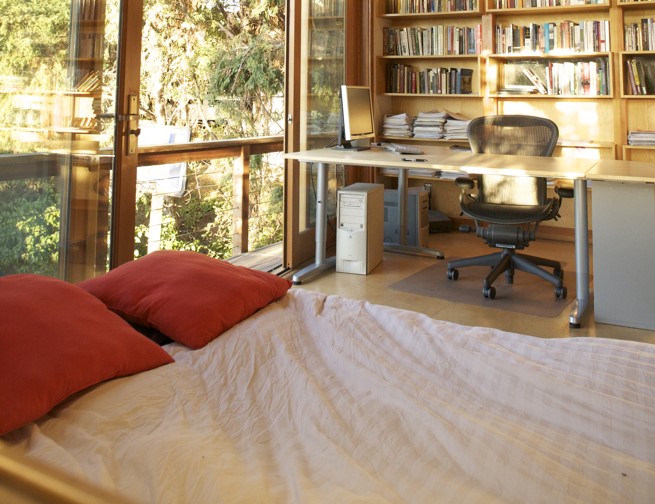Can You Really Work From Home Effectively?
Working from home was supposed to be the thing that changed our view of our jobs. Instead of spending hours every day going to and from work, we could just roll out of bed, open our laptops and get on with it.
For some, working from home has been just as good as they thought it would be. They’ve been able to get so much more done, and they feel much more relaxed doing it.
For others, though, it’s not been so easy. While some people have the disposition to work at home, many others have picked up bad remote working habits.
So what’s going on here?
The Allure Of Procrastination
Before remote work took over our lives, many people assumed that they had left their old foe, procrastination, behind. However, a couple of weeks into their new gig, they discovered that it was back with a vengeance. Many of us have been trying to get away with doing the bare minimum and putting off tasks that we know we should do today.
When there’s no boss in the room, it’s so easy to let time slip away. There’s the constant pull of YouTube, social media channels, and the toaster. Worse still, when we are at home, many of us feel like we are in domestic mode, making us more relaxed and less willing to take on challenging tasks.
The Lack Of Boundaries
There’s another big problem with working from home besides sheer laziness: the fact that you don’t have domain specificity. Work looks just the same as home, and vice versa.
This lack of boundaries means that people start confusing their role identities. Either they are too work-oriented when trying to enjoy their home life, or the other way around, embarrassing themselves in front of their colleagues.
This attitude goes deep. For instance, when you went to work in the office in the morning, you had a gap of time between leaving your front door and swiping in at your employer. This break in the day was essential for helping your mind transition away from thinking about personal matters toward the economic demands of the day.
But now that you’re working at home, travel doesn’t bookend the working day. As such, it bleeds out all over the place, including the evening and weekend that was traditionally family time.
The trick here is to use micro-transitions. For instance, some people get dressed for work anyway, putting on a suit and tie. Others pretend to travel to work in the morning by going for a quick cycle or jogging after they have a shower. Small routine changes like this can have a profound impact on how you approach the day.
The Low Energy Levels
Lastly, the home tends to be a low-pressure, low-energy environment while the office is higher energy and pressure. For many people, the physical building itself is the cue, but when it’s not there, they slip into lethargy.
The trick here is to get energy shots by socializing more, particularly if you are an extrovert. Get chatting to colleagues online or insist on daily meetings.
******
Ms Career Girl strives to provide valuable insights you can use. To see more from our columnists and guest authors, check these out!



